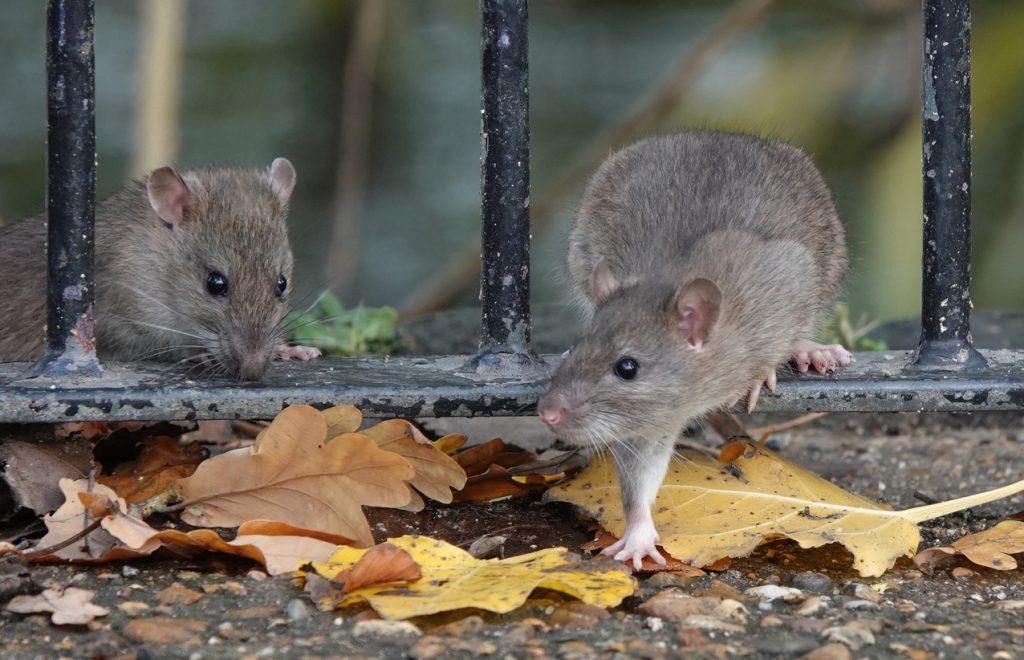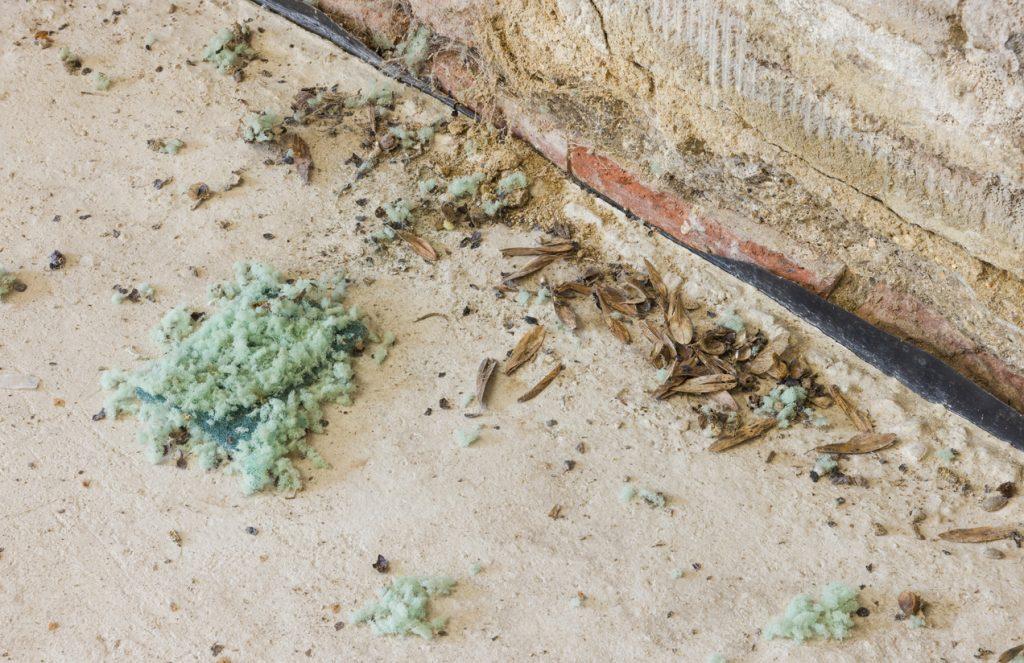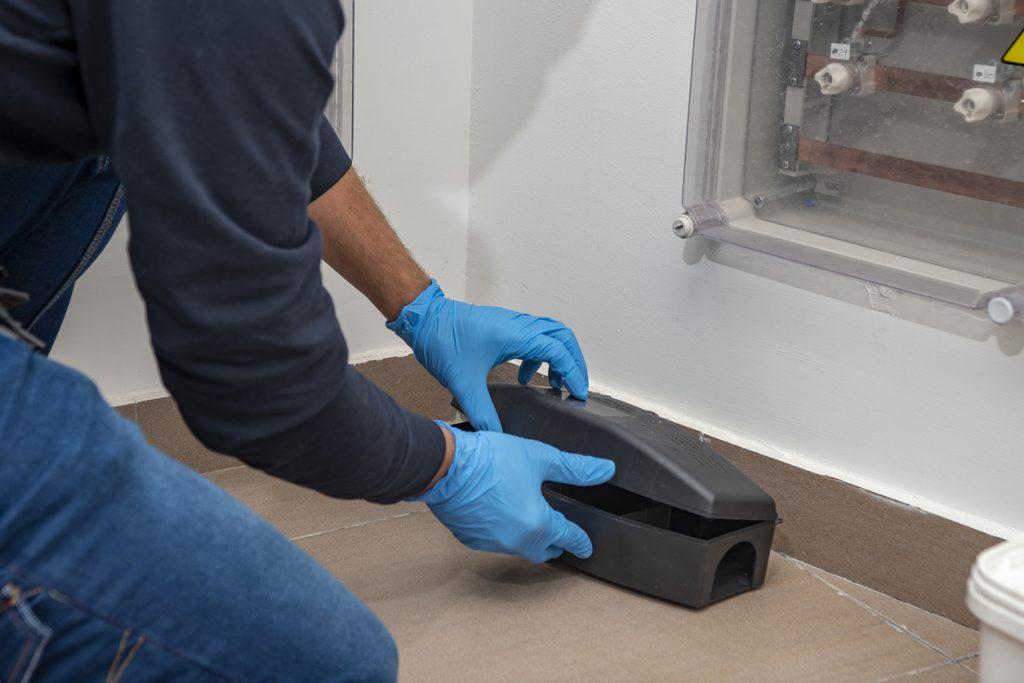What Are the Signs of a Bad Mouse Infestation?
An infestation of mice in your business premises or at home can be both alarming and a risk to your health. Whether they’re damaging your reputation and scaring guests away or you’ve got small children at home and you’re concerned about hygiene, you need to spot the signs early to take action and avoid the negative ramifications.
As leading pest control experts dealing with mice in London and Essex, here at Pest Defence, we wanted to share our tips this month on what to look out for so that you can respond swiftly. We’ll also include information on the health risks and what to do if you spot the signs of a mouse infestation.

What are the signs of mice in a house or attic?

Spotting the signs of a mouse infestation early can be the difference between a major problem and a minor one. Here are some signs of a bad mouse infestation to be on the lookout for throughout your house, including the attic:
Mouse droppings
A sure sign that you have mice in your building is their droppings. They’re usually small – around 3-8mm – and dark, commonly found along the tops of cupboards or by skirting boards where they’ve travelled at night.
Scratching and squeaking
Sometimes, we all think we hear noises, but scratching from behind furniture, inside cupboards or behind false walls can indicate a rodent issue. Mice also make small squeaking sounds, another audible tip-off to their presence.
An ammonia-like smell
Along with droppings, mice will need to urinate, something that leaves a strong and distinct ammonia smell. You might also notice urine pillars appearing; these are small mounds of urine and dirt that pile up where mice are active.
Shredded materials
Particularly common in lofts and attics, shredded materials are a sign of mice making nests, including things like cardboard and insulation material. You’ll also notice a number of the other signs we’ve mentioned nearby, along with nesting material, as their activity in this area will be concentrated.
Grease smears
Because mice will stick close to walls as they navigate, you will see grease marks and smears appearing around your skirting boards and any exposed wall where there is a lot of activity. This is a sign of an infestation and will be clearer around any holes or corners in the property.
What do mouse urine stains look like?
Since you’ll smell mouse urine first, it’s important also to check for the visual signs to confirm that you have an infestation of mice. Urine stains often come in the form of a yellow crusty marking, but they’ll often be mixed with dust, dirt, fur and grease, leaving behind a urine pillar if there is regular activity in the area.
You can check for mouse urine with a black light, as it will be clearly highlighted — just bear in mind that your cleaning products can also show up under a fluorescent light.
Mice infestation health risks
While mice are small, they can still pose a health risk. Whether you work in a food-related industry and need to maintain high standards or just want to protect your family at home, it’s important to deal with a mouse infestation as quickly as possible due to the following hazards:
- Diseases – Mice carry diseases like Lyme disease, salmonella, leptospirosis and others, which are a danger in any home and for businesses handling food and drink.
- Allergies – If you have allergic reactions to animals or suffer from asthma then mice can exacerbate your condition.
- Contamination – Since mice will often be seeking food, they can easily contaminate things in warehouses, packaging plants and even your cupboards with their urine and droppings.
- Fire – Mice are known to chew through all things, including wires, which leads to an increased risk of fires, putting everyone at risk.
What to do if you have a mouse infestation

If you’re concerned and believe you have an infestation of mice at your home or business because you’ve spotted some of the signs we’ve outlined, then it’s important to act swiftly. Since they’re nocturnal creatures, it could be that you’ve had mice in the property for longer than you realise — and they’re quick to spread, with a capability for large litters.
Perhaps you’ve got signs of mice but no droppings? Or maybe it’s limited to signs of mice in the attic? Regardless, you should immediately contact your local pest control experts to help you tackle any mouse infestation safely and effectively. Here at Pest Defence, we not only act quickly to eliminate pests like rats and mice from your property, but we can also offer practical advice on preventing future infestations along with regular inspections.
If you’re based in London or Essex and believe that mice have infested your property, call our friendly team today and get the help of experienced professionals.
